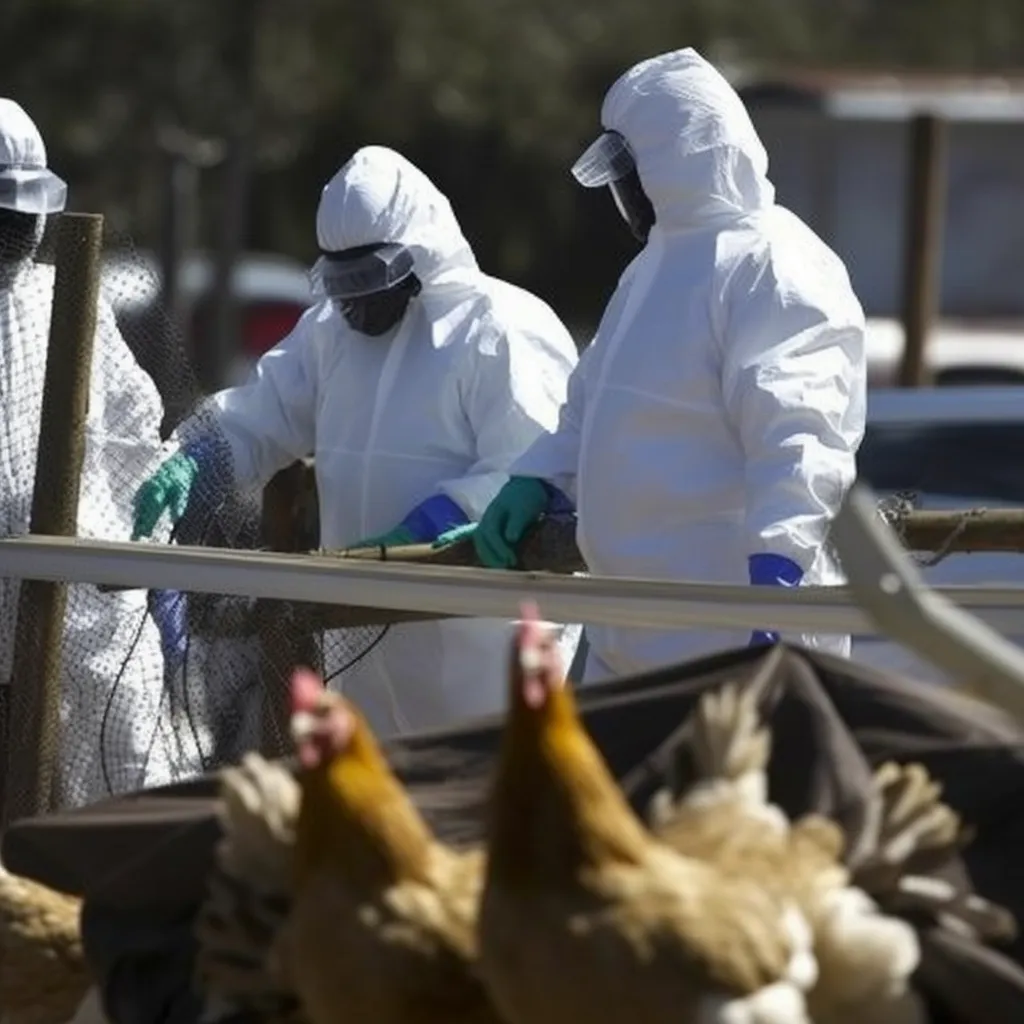Colorado Extends Avian Flu Emergency in Weld County

Colorado's Response to the Avian Flu Crisis
In an effort to curb the escalating spread of avian flu, Colorado Governor Jared Polis has extended the avian flu emergency declaration specifically for Weld County. This extension, announced recently, underscores the critical situation faced by the state in mitigating the outbreak's impact on both the poultry industry and public health.
What Led to the Emergency Declaration?
The avian flu, formally known as avian influenza, is a highly contagious viral disease that predominantly affects birds, but can also pose a risk to humans. Weld County, being home to numerous poultry farms and avian habitats, has been particularly vulnerable.
Key Contributing Factors
- High Bird Population Density: Weld County has one of the highest concentrations of poultry farming operations in the state.
- Migratory Patterns: Migratory bird routes passing through the area have likely contributed to the rapid spread of the virus.
- Close Proximity of Farms: The closeness of poultry farms in the county facilitates faster transmission between flocks.
Measures Taken By the State
In light of the severity of the situation, several critical measures have been put in place:
Quarantine Zones
The Colorado Department of Agriculture has established strict quarantine zones around infected premises. These zones are designed to limit the movement of poultry and other birds, thereby reducing the risk of spreading the virus further.
Culling of Infected Flocks
To contain the outbreak, professional teams have been deployed to cull infected flocks. Although this measure is drastic, it is essential for preventing a more widespread outbreak that could devastate both avian and human populations.
Enhanced Biosecurity Protocols
Farmers and poultry handlers in Weld County are being urged to adopt enhanced biosecurity measures. These include:
- Sanitization of Equipment: Regular disinfection of all farming equipment.
- Controlled Access: Limiting access to poultry houses to only essential personnel.
- Protective Gear: Mandatory use of protective clothing to prevent human-mediated transmission.
Impact on the Poultry Industry
The extension of the emergency declaration is expected to have substantial economic repercussions on the poultry industry in Weld County. Farmers are advised to prepare for:
Potential Financial Losses
With the culling of birds and enhanced biosecurity measures, farmers might incur significant financial losses. Support from local and state authorities, as well as federal assistance programs, will be crucial in mitigating these impacts.
Disruptions in Supply Chain
Consumers might experience interruptions in the supply of poultry products. However, these measures are essential for ensuring long-term health and safety.
Looking Ahead: Containment and Prevention
As the state works diligently to control the current outbreak, it also emphasizes the importance of preventing future occurrences. Continued research and investment in avian flu vaccines, alongside public educational campaigns on biosecurity, are crucial.
Community Involvement
The public is also encouraged to stay informed and participate in containment efforts. Simple actions such as reporting sick or dead birds can make a significant difference.
Conclusion
The extension of the avian flu emergency declaration in Weld County is a critical step in addressing a significant public health and agricultural challenge. Through concerted efforts involving stringent biosecurity measures, governmental support, and community involvement, Colorado aims to successfully navigate this crisis.
For the latest updates, residents and stakeholders are advised to monitor official announcements and resources provided by the Colorado Department of Agriculture and local health departments.
Stay informed, stay safe, and let's work together to protect our community.
